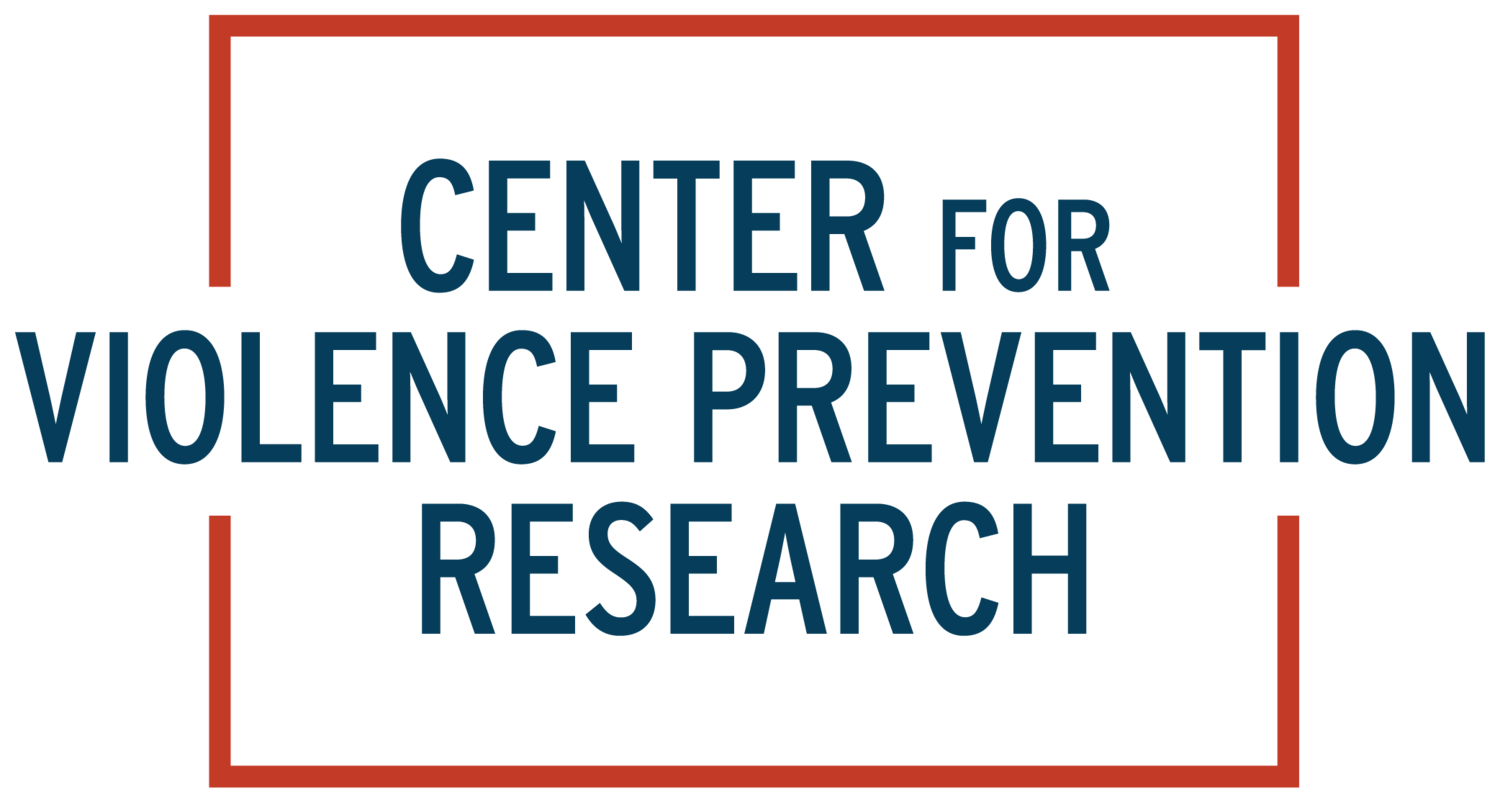School-based Child Abuse Prevention Education
Schools are an effective setting for implementing prevention programs, which may include child abuse prevention programs. Children are more likely to prevent and disclose questionable experiences if they are taught how to identify such experiences, feel confident in their ability to stop or avoid their experiences, and have trusted adults with whom to discuss their experiences.
The Center team has conducted several studies to examine the use and effectiveness of school-based prevention education. With these studies, the team has examined the impact of prevention education on child abuse at multiple levels of the social ecology from individual programs to policy analysis.
School-level analysis of school-based programs
The Center team conducted two randomized control trials (RCT) to evaluate the knowledge acquisition of children who received the Monique Burr Foundation for Children’s Child Safety Matters(R) curriculum, a program designed to educate kindergarten to grade five children about multiple forms of victimization. In short, the program worked to improve children’s knowledge, even children as young as 5 years old. These studies also demonstrated that four learning sessions are better than two sessions and some concepts are easier to understand than others.
National analysis of state-based legislation for school-based programs
Many states require that students receive abuse prevention education. We don’t really know, though, if these policies make a difference in actual reports of child abuse to child protection or in victimization experiences. The Center conducted a policy analysis to determine whether state mandates for school-based prevention education correlate to changes in official reports of child sexual abuse. The team collected information on presence of mandates from all 50 US states from 2005-2019 and all reports to child protection from 2005-2019 in the US.
The Center research team found that state education mandates were associated with an increase in the incidence of child sexual abuse reports made by education personnel but not reports made by non-education personnel. Thus, state mandates for child sexual abuse prevention education may increase disclosures from children and reporting to authorities by school-based sources. There is no evidence that state mandates increase false reports.
State-level analysis of school-based programs
Indiana adopted SB 355 2018 which requires that public K-12 schools implement child abuse prevention curricula. Although several teams, like the Center, have found these curricula to be effective at improving children and youth’s knowledge of abuse, and some have found evidence of improvements in self-efficacy and protective behaviors, few have examined the impact of programs on abuse disclosures and victimization. This leaves a critical gap in our understanding of if and how these prevention programs really work to prevent abuse.
Working with kNot Today, the Center team is currently mapping the use of school-based prevention education by county in Indiana. In addition, the team will obtain county-level data on reports and substantiations of child abuse reported to the Indiana Department of Children Services (DCS). With these datasets combined, the Center will be able to observe the rates of reports to DCS prior to the 2018 mandate and compare counties in which most schools implemented prevention education after the 2018 mandate to counties in which few or no schools implemented prevention education after 2018.
This project is currently underway and is expected to be completed in 2026.
Mapping implementation across a single state
An ongoing concern for state mandates for prevention education is that most do not include funding for schools to implement required education, plans for holding schools accountable, tracking of data trends, or requirements for use of evidence-based programs.
In an extension of our evaluation work with kNot Today, the Center partnered with the Indiana Prevention Education Coalition to create the first dataset of prevention program implementation across an entire state.
Partners and Funders
University of New Hampshire, kNot Today, Monique Burr Foundation for Children
Read our latest published studies on the topic:
Bright MA, Roehrkasse A, Masten S, Nauman A, & Finkelhor, D. (2022). Child abuse prevention education policies increase reports of child sexual abuse. Child Abuse & Neglect. 2022 134, 105932.
Can't access the papers? Contact us and we're happy to share.


